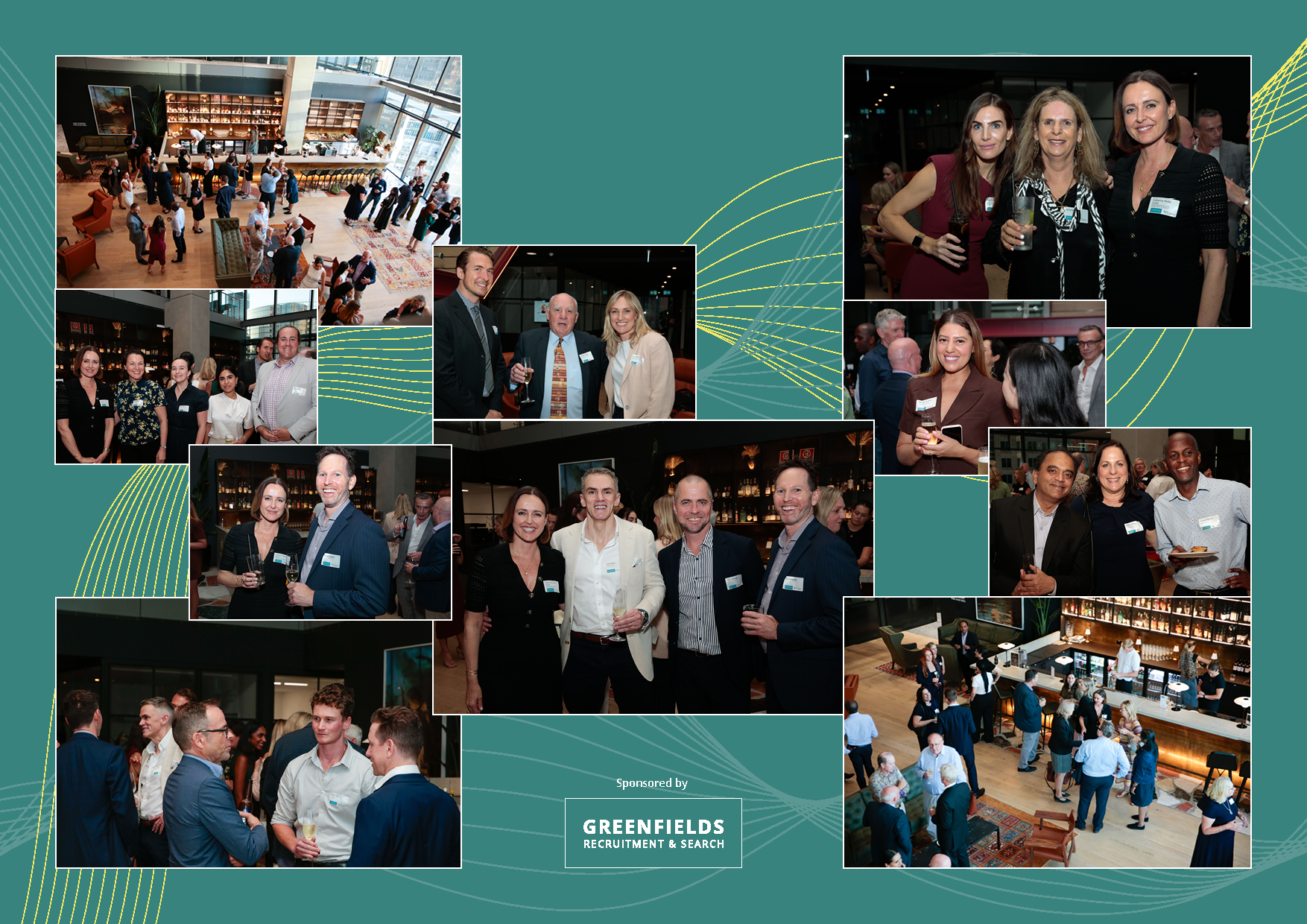
As the world moves into a new phase of the pandemic response, and starts exploring ways to get lifestyles and work back on track, research is now focusing on what has happened to company culture in the past two years, what the future might look like, and how teams of professional roles like the In-House Legal Counsel should respond.
As we all know at this point, there has been a “Great Attrition” in the past six months, with professional roles in particular leaving in droves. As a recent McKinsey report notes: “More than half of employees who left their job in the past six months did not feel valued by their organisation (54 percent) or manager (52 percent), or they lacked a sense of belonging (51 percent). Additionally, 46 percent cited the desire to work with people who trust and care for each other as another reason to quit. Employees want stronger relationships, a sense of connection, and to be seen.”
What is interesting is that the response of bosses seems to be to hurry back towards full office time, but that’s not necessarily the response that’s going to work, particularly for those in roles that can be done remotely, such as that of In-House Legal Counsel. As the McKinsey report highlights “The world has changed, and employee attitudes have shifted. To build community, cohesion, and a sense of belonging, organisations need to evolve their approach.” People know that they can do their jobs effectively remotely. To demand that they go back to five days’ worth of commutes to do the same work in an office has all the potential to backfire.
The solution needs to be a cultural shift within the organisation, to move to motivation rather than a mandate.
“Leaders should carefully consider who needs to attend and why, the objectives, the activities, and how to craft a structured agenda that still leaves room for emergent topics, spontaneous conversation, socializing, and collaboration,” McKinsey notes. “Consider a recurring schedule, like ‘Team Wednesdays’ for social lunch and group problem solving, while remaining flexible to changing employee needs. Give employees a reason to want to come in!”
McKinsey also notes that it’s important to break away from the overly-regimented online approach to work. Video conferences don’t happen spontaneously, and when they do the expectation is that they have a specific agenda and expected outcomes.
For this reason, McKinsey recommends that managers simply pick up the phone for an impromptu phone conversation that is free of the agenda – without being too taxing on the employee’s time, of course. “Sometimes the best solutions are the simplest ones. Call team members to say hello, check in, and catch up. Break through the agenda-driven interactions that create online fatigue and connect person to person. The calls don’t need to be long; their power comes from authenticity,” McKinsey notes.
“One senior leader of a public sector organization calls several employees each day, unscheduled: ‘They get nervous if I ask for time, and that’s not the point. I want to know how they’re doing. I want to check in, the way I would in an elevator or at the coffee machine.’”
For those in high-demand professional roles that afford them the opportunity to move, such as In-House Legal Counsel roles, the Great Attrition puts the power firmly in their hands to move on from a role if they don’t feel welcomed into the organisation. For organisations that are keen to retain their talent, the key is to understand that the way organisations have work has changed, permanently, and the organisations that will be able to keep their best people will be the ones to understand how to continue to make them feel welcomed and included within the new paradigm.




0 Comments